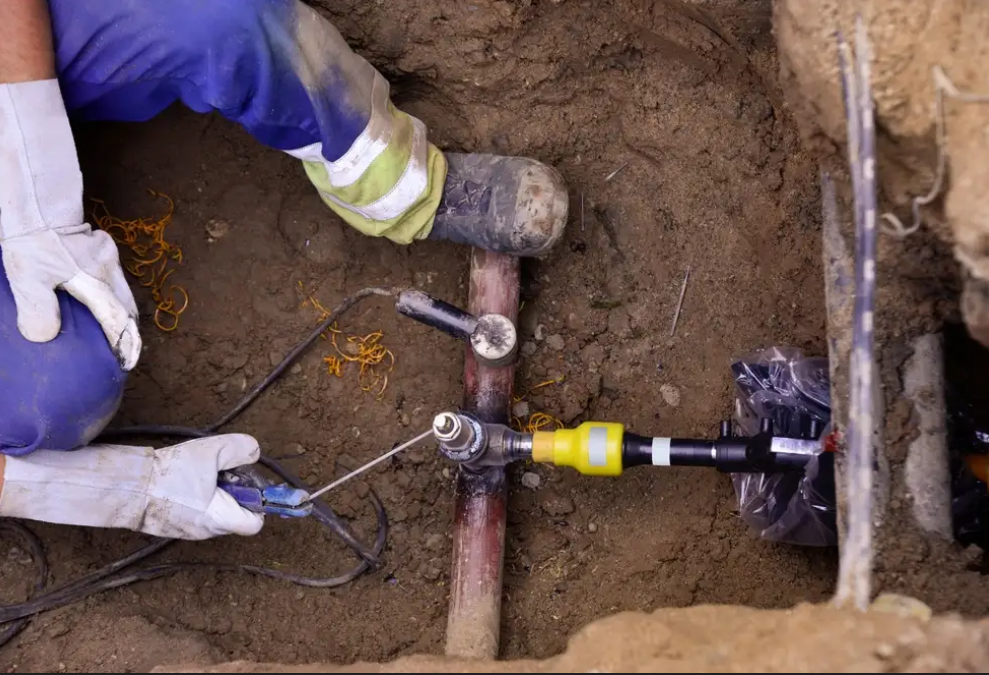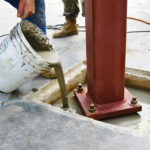Gas as a fuel source appeals to homeowners who value efficiency, affordability, and reliability. Whether it’s for heating, cooking, or powering other appliances, having a functional gas line is essential. For those new to gas systems, however, the installation process may feel daunting.
With professional guidance from your gas plumber in Brick Township, NJ, setting up a gas line can be straightforward and safe.
Why Gas is a Great Option for Your Home
Natural gas is a cost-effective and efficient energy fuel source. Known for its consistent performance and lower costs compared to electricity or oil, using gas is sure to delight homeowners who use it daily as it can improve efficiency and lower utility bills.
Before investing in a gas plumbing installation, it’s worth noting that the process isn’t just about running a pipe into your home; it requires careful planning, compliance with safety standards, and professional expertise to ensure long-term reliability.
The Planning Stage: Mapping the Route and Securing Permits
Planning is key to a gas line installation. Before a line is connected to your home, a certified technician must first assess your property to determine the best route for the line.
A lot of evaluation is done during this phase. The placement of appliances, the distance to the gas source, and potential obstacles like existing utility lines must be considered. Even small oversights may compromise an otherwise successful installation.
Obtaining permits is an essential step during this phase. An installation covered with permits means the installation will be done in compliance with local codes and safety regulations. Skipping this step can lead to fines or complications.
“Permits are a safety measure to protect your home and family,” says a licensed gas technician.
Connecting Your Home to the Gas Source
The end of the planning phase signals the start of the actual installation. During this phase, experts connect a gas line from the source—usually a municipal supply or propane tank—to your home.
Here, the line is attached to a gas meter, a device that monitors and regulates gas flow into your property. Proper sealing and connections by a technician from a reputable plumbing company are vital. These prevent leaks and ensure optimal pressure.
Material Selection for Durability and Efficiency
The material of your gas line determines how long it lasts and how safe it is. Common materials include:
- Steel: Known for its strength but requires protective coatings to prevent corrosion.
- Copper: Lightweight and easy to install but best suited for indoor applications.
- PVC or Polyethylene: Ideal for underground installations due to its resistance to moisture and rust.
Testing for Safety and Functionality
After the installation is complete, testing is non-negotiable. As the final phase, this is when technicians can perform pressure tests to see that the line is leak-free. They will also verify the flow rate. Experts see to it that the system can endure daily use safely.
Experts may also inspect joints, seals, and valves for potential weaknesses. “Testing gives peace of mind. A tested line assures homeowners of a gas line’s reliability,” a technician explains.
The Risks of Skipping Professional Installation
Although it’s tempting to save money through a DIY installation, remember that this approach poses significant risks.
Aside from causing gas leaks, improper installations may also lead to fires or even explosions. Additionally, your insurance coverage may be voided because of poor installations or failure to adhere to conditions set forth in your policy.
That said, one can eliminate all these risks—working with a licensed professional. A professional installation also guarantees that you get a system that meets all safety standards.
How to Choose the Right Installer
Selecting the right professional for your gas line installation is critical. Look for these traits when hiring a contractor:
- Licensing and Certification: Verify that they are authorized to work on gas systems in your area.
- Experience: Choose someone with a proven track record in residential gas installations.
- Transparency: A good technician will clearly explain the process, costs, and timeline.
- Reviews and Recommendations: Check online reviews or ask for references to gauge their reputation.
A reputable installer will not only handle the technical aspects but also provide guidance on maintaining your system for years to come.
Bringing safe, efficient gas power to your home. With a gas line installed in your home, you are taking a step toward greater energy efficiency and cost savings. Whether heating your home or firing up the stove, a well-installed gas system is a safe and reliable choice for any homeowner.
Are you planning to have a gas line installed? Tell us why you think gas makes sense for your home down in the Comments!




